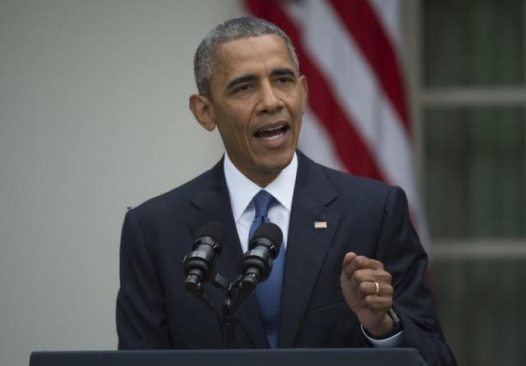×
The Standard e-Paper
Join Thousands Daily

Political leaders here have made it clear. United States president Barack Obama should not talk about homosexuality!
I wonder what they will do if Obama talks about it — thrash him or eject him from Kenya?